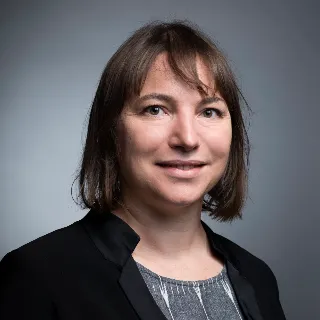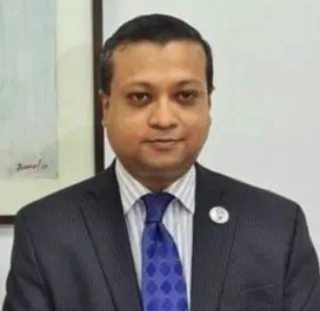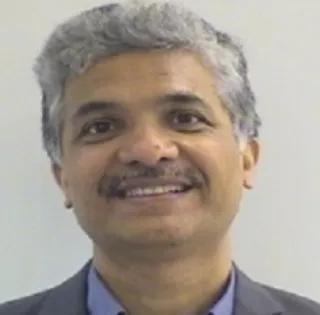
Climate change is an urgent global challenge, amplifying its adverse effects on vulnerableecosystems. Mangroves, vital coastal ecosystems, are facing increasing pressures from climatechange, jeopardizing their essential role in climate change adaptation and mitigation. The Indo-Pacific is no stranger to mangroves. Despite the outsized role of mangrove forests in sustainingbiodiversity, ecosystem function, and local livelihoods, the protection of these vital habitatsthrough blue carbon financing has been limited.As part of the Sustainable Finance in the Indo-Pacific (SUFIP) Development Network(DN), this one-day hybrid workshop seeks to gather policymakers, development practitioners,researchers, development finance institutions (DFIs) and other relevant stakeholders to delveinto the critical relationship between climate change and mangroves, with a special focus on theirpivotal role as blue carbon reservoirs and explore ways to sustainable financing in the region.
Please note that this a hybrid workshop and participants can join us in-person at ORF Kolkata or virtually.
Kindly register to confirm your mode of participation and receive further details about the event. Alternatively, you can RSVP to [email protected]
Objectives:
- Understanding Climate Change Impacts: Delve into the intensifying impacts ofclimate change on mangrove ecosystems, including sea level rise, extreme weather events,ocean acidification, and temperature fluctuations, elucidating the gravity of the challengesthey face.
- Blue Carbon: Examine the remarkable capacity of mangroves to sequester and storesubstantial amounts of blue carbon, contributing to global carbon mitigation efforts andunderscoring their significance in combating climate change.
- Ecosystem Services Assessment: Evaluate the multi-dimensional ecosystem servicesrendered by mangroves—ranging from coastal protection and carbon sequestration tobiodiversity conservation and livelihood support—while contextualizing them within thecontext of climate change. Apart from a host of provisioning, regulating and culturalservices, understanding the mangroves-fisheries linkage is also vital. Their critical role asimportant nursery areas for fisheries species is key in sustaining the production of coastalfisheries.
- Sharing Best Practices: Showcase exemplary case studies and successful strategies fromdiverse regions of the Indo-Pacific that demonstrate effective adaptation and mitigationapproaches involving mangrove ecosystems, fostering the path forward for sustainablepractices.
- Policy and Governance Frameworks: Encourage discussions on the formulation ofrobust policy frameworks, regulatory mechanisms, and adaptive governance strategiesthat can enhance mangrove resilience and promote their sustainable utilization in the faceof climate change.
- Community Engagement and Empowerment: Explore the vital role of communitydriveninitiatives in mangrove conservation, restoration, and sustainable resourcemanagement, showcasing how local engagement can bolster ecosystem resilience.
- Financing for Sustainable Mangrove Ecosystem: Understanding the role ofDevelopment finance institutions (DFIs) towards devising an integrated sustainablefinancing approach for mangroves, coastal and marine biodiversity. There is a growingneed for a broader approach that blends ecosystem conservation while supporting thelivelihood of thousands of coastal communities in the region.
Expected Outcomes: By the end of the workshop, we aim to have a nuanced understanding of the intricate interplay between climate change impacts on mangroves, the crucial role of blue carbon, and their potential to mitigate climate change. Insights and recommendations will guide evidence-based decision-making, inform policy development, and foster collaborative actions to protect and rehabilitate mangrove ecosystems, ensuring their resilience in the face of a rapidly changing climate. As a research output of the workshop, we also welcome contributions as both short-forms and long-forms for the SUFIP website.











